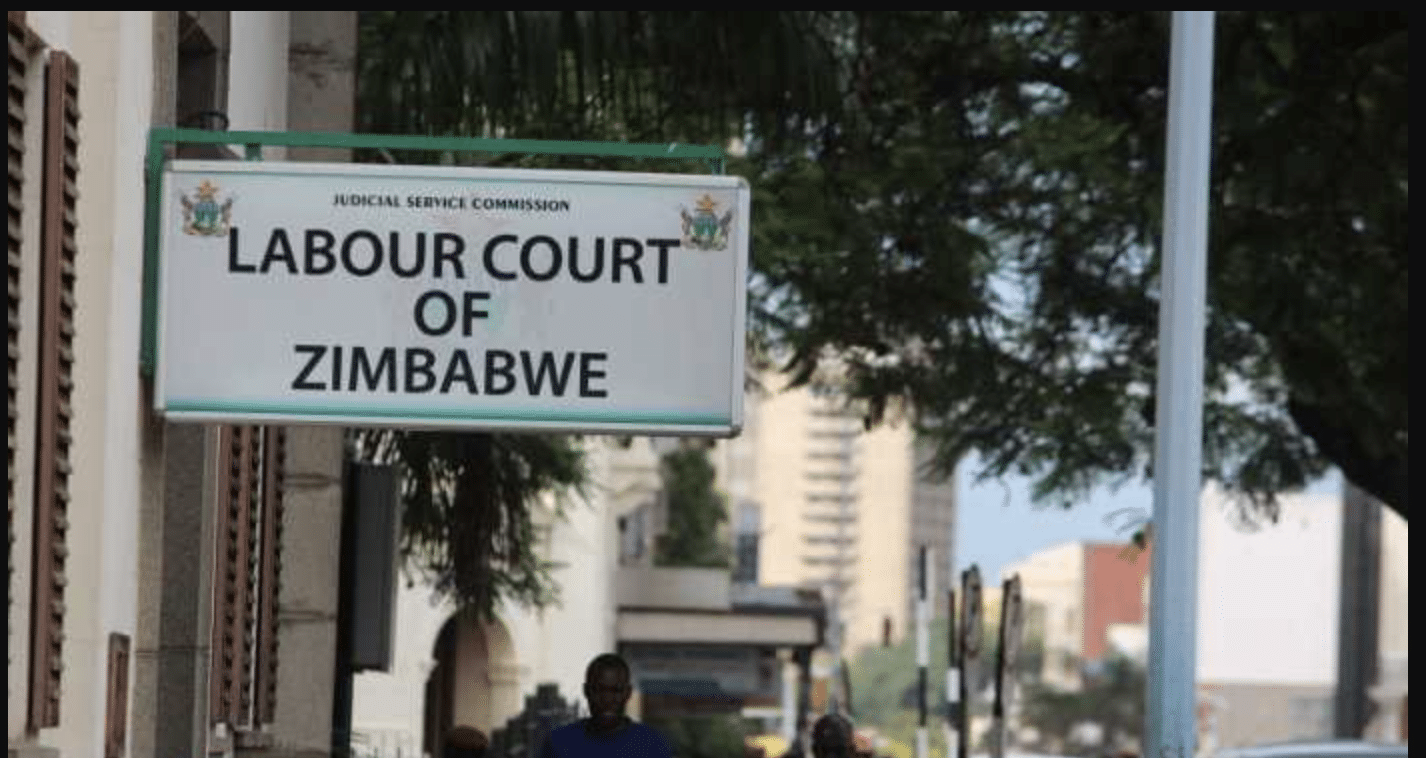Harare, Zimbabwe – Justice Bridget Tapiwa Chivizhe of the Labour Court has ruled that she has no jurisdiction in a case involving the Central Intelligence Organisation (CIO) and its employee, Cloddie Shumba, who was dismissed after allegedly signing contracts worth over US$70,000 without proper authorisation.
The court’s decision stemmed from the nature of the CIO as a disciplined force, which falls outside the Labour Court’s purview.
Shumba, a Divisional Intelligence Officer, brought the case to the Labour Court after a disciplinary committee found him guilty and demoted him. He had signed two contracts with Leggim Enterprises worth US$48,978.76 and US$28,124.20 for construction projects without the approval of Chief Procurement Officer (CPO) Nicholas Rgwambiwa.
In his defence, Shumba claimed he had kept his superiors informed about the projects, expecting them to monitor his work as he was still on probation. However, the disciplinary committee concluded that he violated several sections of the Code of Conduct for the Department of State for National Security, including abuse of authority.
Justice Chivizhe struck the case off the roll, agreeing with the CIO’s argument that the Labour Court had no jurisdiction over a disciplined force.
“After considering the submissions and authorities referred to by both parties, it is the court’s finding that the point raised by the CIO is merited,” Justice Chivizhe stated. “The Labour Act applies to all employees except those expressly excluded by the Act, and Section 3(3) clearly excludes members of a disciplined force.”
Shumba argued that his demotion was unjust compared to the lighter punishments given to other employees for similar offences. However, the judge found his arguments unpersuasive, noting that the Labour Act’s exclusions for disciplined forces were clear and binding.
The case highlighted the ongoing challenges within Zimbabwe’s intelligence community regarding internal governance and the limits of labour law in disciplining members of the country’s security services.








